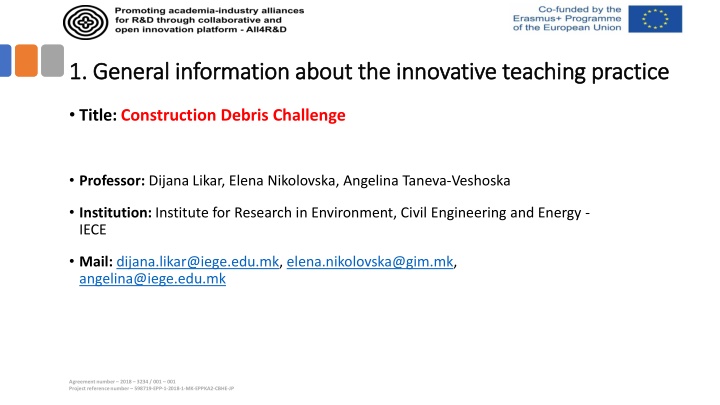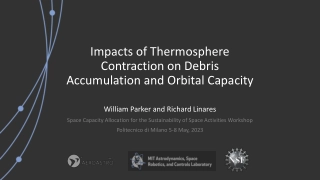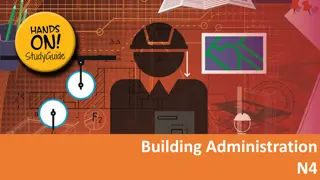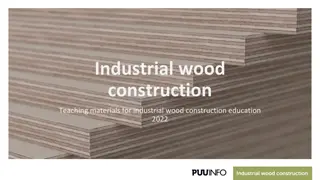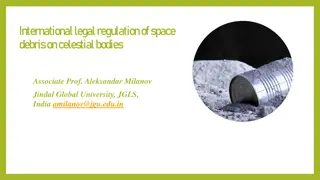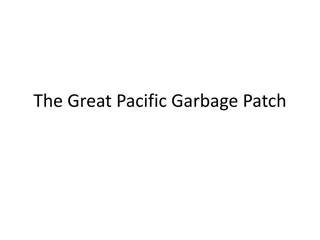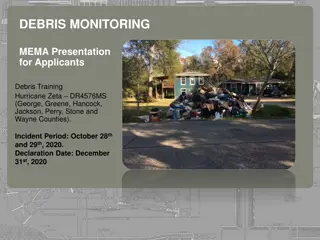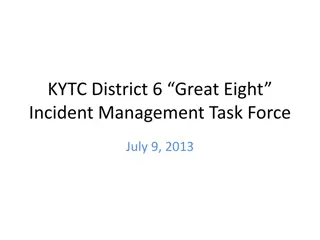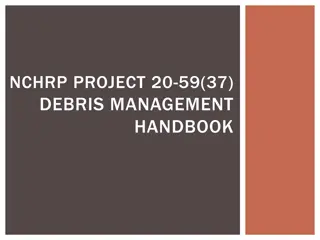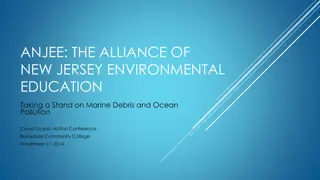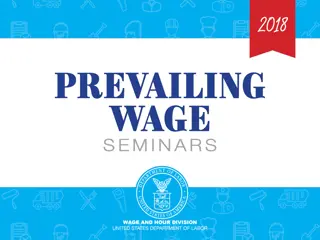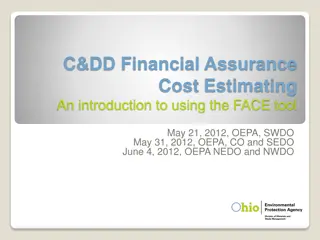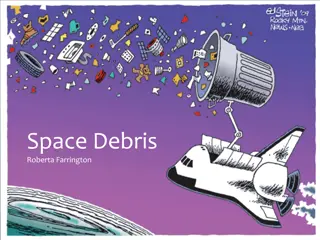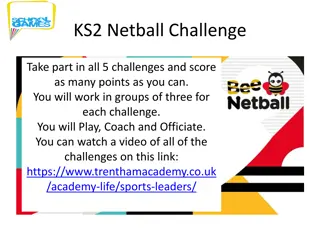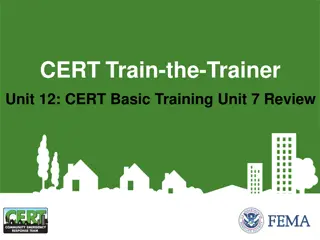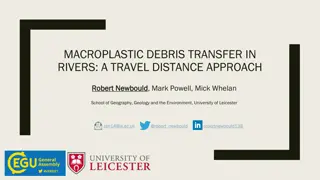Construction Debris Challenge
The Construction Debris Challenge is a student competition focusing on sustainable construction practices by exploring waste management strategies, recycling methods, and green building materials. This innovative teaching practice involves real-world problem-solving with industry mentorship.
Download Presentation

Please find below an Image/Link to download the presentation.
The content on the website is provided AS IS for your information and personal use only. It may not be sold, licensed, or shared on other websites without obtaining consent from the author.If you encounter any issues during the download, it is possible that the publisher has removed the file from their server.
You are allowed to download the files provided on this website for personal or commercial use, subject to the condition that they are used lawfully. All files are the property of their respective owners.
The content on the website is provided AS IS for your information and personal use only. It may not be sold, licensed, or shared on other websites without obtaining consent from the author.
E N D
Presentation Transcript
1. General information about 1. General information about the innovative teaching practice the innovative teaching practice Title: Construction Debris Challenge Professor: Dijana Likar, Elena Nikolovska, Angelina Taneva-Veshoska Institution: Institute for Research in Environment, Civil Engineering and Energy - IECE Mail: dijana.likar@iege.edu.mk, elena.nikolovska@gim.mk, angelina@iege.edu.mk Agreement number 2018 3234 / 001 001 Project reference number 598719-EPP-1-2018-1-MK-EPPKA2-CBHE-JP
2. Description of the innovative teaching practice 2. Description of the innovative teaching practice The Construction Debris Challenge is a competition between teams of students, who will work on creating solutions for the given projects. Pair of two teams will work on solving the same problem, given by one construction company. It is expected to have 3-5 pairs of teams and 3-5 companies. Each team will have mentorship from academic staff and professionals from industry. The solutions will be presented on the final event where the most successful teams and solutions will be selected, basing on pre-determined criteria. During this challenge the participants will have opportunity to observe the dynamics of debris generation over different phases in construction. They will explore different strategies that companies are using, propose best scenario in specific case, having in mind type and quantities of waste materials and costs and savings. Agreement number 2018 3234 / 001 001 Project reference number 598719-EPP-1-2018-1-MK-EPPKA2-CBHE-JP
2. Description of the innovative teaching practice 2. Description of the innovative teaching practice The objective of the innovative practice: Visit a job-site to observe the dynamics of debris generation over many phases of construction Explore the availability of different strategies to tackle construction debris (recycling methods, sustainable production) Learn about green building materials and products Topic that will be covered in this practice: The role of engineers in construction waste management Investigate construction debris production - Types and quantities of waste materials produced Cost savings accrued by recycling rather than disposing of waste in landfills Positive influence on the environmental impact of construction Agreement number 2018 3234 / 001 001 Project reference number 598719-EPP-1-2018-1-MK-EPPKA2-CBHE-JP
3. Duration and Target group 3. Duration and Target group Duration: 3 months Target group: Students Involvement of industry or third parties: Industry partners will be invited to participate in the Construction Debris Challenge. Professionals from industry will present real every day problems in construction, cases with implemented solutions, and evaluate the proposals from the students. Agreement number 2018 3234 / 001 001 Project reference number 598719-EPP-1-2018-1-MK-EPPKA2-CBHE-JP
4. 4. Skills to be acquired/ improved: Skills to be acquired/ improved: Hard skills Conceptual/thinking skills: direct impact on Critical and Analytical thinking, indirect impact on Planning and organising Soft skills People related skills: direct impact on Collaboration and Communication Soft skills Personal skills: direct impact on Social responsibility Business skills: direct impact on Strive for quality and Care for sustainable development Agreement number 2018 3234 / 001 001 Project reference number 598719-EPP-1-2018-1-MK-EPPKA2-CBHE-JP
5. Methods and techniques 5. Methods and techniques Format Student competition utilising project-based learning Techniques completed with individual work: discovery, distortion, problem solving, self-assessment quiz, one-minute paper, 3-2-1. Techniques completed in teams: brainstorming, problem solving, field trip, misconception check, discussion forum, challenging assumptions, mud slinging, reversal. Available presentations, forum, case studies. resources via e-learning platform: articles, video materials, Agreement number 2018 3234 / 001 001 Project reference number 598719-EPP-1-2018-1-MK-EPPKA2-CBHE-JP
6. 6. Methods for assessment and evaluation of the practice Methods for assessment and evaluation of the practice Methods for assessment Team presentations Quality of proposed project Methods for evaluation Evaluation lists and feedback from students Testimonials and photos from students during implementation phase Feedback from involved professionals from industry Agreement number 2018 3234 / 001 001 Project reference number 598719-EPP-1-2018-1-MK-EPPKA2-CBHE-JP
